Sample explanation essay on flooding for grade 8 students in Vietnam
Sample explanation essay on flooding for grade 8 students in Vietnam
An explanatory document is a type of text used to provide information and knowledge about the characteristics, properties, and causes of things and phenomena in nature and society. The purpose of the explanatory document is to present and explain in an objective and accurate manner.
Grade 8 students can refer to the sample explanatory document explaining the natural phenomenon of flooding below:
| Vietnamese | English |
|
Văn bản thuyết minh giải thích hiện tượng tự nhiên lũ lụt Trong những ngày đầu tháng 9 năm 2024, các tỉnh miền Bắc nước ta đã phải đối mặt với một trận lũ lụt nghiêm trọng do ảnh hưởng của bão số 3 Yagi. Các tỉnh như Bắc Giang, Thái Nguyên, Yên Bái, và Lào Cai đã chìm trong biển nước, gây ra nhiều thiệt hại nặng nề về người và của. Hiện tượng lũ lụt không chỉ gây ra những hậu quả tức thời mà còn để lại những ảnh hưởng lâu dài đến đời sống và kinh tế của người dân. Vậy lũ lụt là hiện tượng như thế nào? Lũ lụt là hiện tượng nước từ các sông, suối, hồ, hoặc biển tràn vào đất liền, gây ngập lụt trên diện rộng. Nguyên nhân chính của lũ lụt thường là do mưa lớn kéo dài, bão, hoặc sự tan chảy nhanh chóng của tuyết. Trong trường hợp của bão số 3 Yagi, lượng mưa lớn đã làm cho mực nước trên các sông như sông Thao, sông Lô, và sông Cầu dâng cao, vượt mức báo động. Lũ lụt gây ra nhiều hậu quả nghiêm trọng. Trước hết, nó làm thiệt hại về người và tài sản. Nhiều ngôi nhà bị cuốn trôi, hoa màu bị hủy hoại, cầu đường, điện lưới bị phá hủy. Điều này đã ảnh hưởng nghiêm trọng đến cuộc sống hàng ngày của người dân, gây khó khăn trong việc di chuyển và sinh hoạt. Ngoài ra, lũ lụt còn gây ra những vấn đề khẩn cấp về vệ sinh môi trường. Nước lũ mang theo nhiều chất thải, bùn đất, và hóa chất từ các khu công nghiệp, làm ô nhiễm nguồn nước và đất đai. Điều này ảnh hưởng đến sức khỏe của người dân và động vật, gây ra các bệnh truyền nhiễm và làm giảm năng suất nông nghiệp. Để đối phó với lũ lụt, các cơ quan chức năng đã triển khai nhiều biện pháp cứu trợ và khắc phục hậu quả. Các đội cứu hộ đã được huy động để tìm kiếm và cứu nạn những người bị mắc kẹt. Chính phủ cũng đã cung cấp lương thực, nước uống, và thuốc men cho người dân vùng lũ. Đồng thời, các biện pháp dài hạn như xây dựng đê điều, cải tạo hệ thống thoát nước, và nâng cao nhận thức cộng đồng về phòng chống lũ lụt cũng được triển khai. Lũ lụt là một hiện tượng thiên nhiên khắc nghiệt, gây ra nhiều thiệt hại và khó khăn cho con người. Tuy nhiên, qua những trận lũ lụt, chúng ta cũng nhận ra tầm quan trọng của việc bảo vệ môi trường và chuẩn bị tốt hơn cho các tình huống khẩn cấp. Cá nhân em cảm thấy rất đau lòng trước những mất mát mà người dân phải chịu đựng, nhưng cũng rất tự hào về tinh thần đoàn kết và sự nỗ lực của cộng đồng trong việc vượt qua khó khăn. Hy vọng rằng, với sự chuẩn bị và phòng chống tốt hơn, chúng ta sẽ giảm thiểu được những thiệt hại do lũ lụt gây ra trong tương lai. |
Explanation essay on flooding In the early days of September 2024, the northern provinces of our country faced a severe flood due to the impact of Typhoon No. 3 Yagi. Provinces such as Bac Giang, Thai Nguyen, Yen Bai, and Lao Cai were submerged in water, causing significant damage to life and property. The phenomenon of flooding not only causes immediate consequences but also leaves long-term impacts on the lives and economy of the people. So, what is flooding? |
Note: The sample explanation essay on flooding for grade 8 students in Vietnam is for reference only!
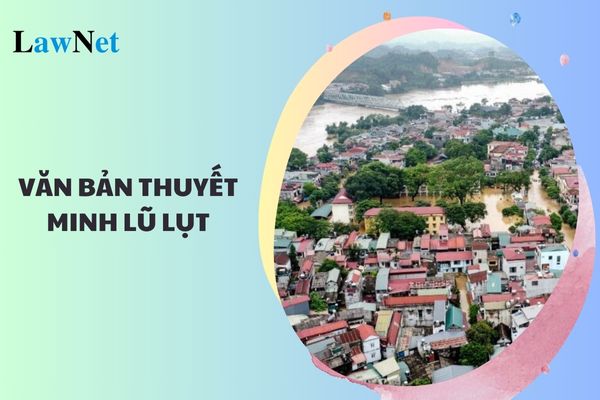
Sample explanation essay on flooding for grade 8 students in Vietnam (Image from the Internet)
How many periods does the grade 8 Literature subject in Vietnam have?
In the General Education Curriculum for the Literature subject issued with Circular 32/2018/TT-BGDDT:
Duration of the program by class (according to the number of periods)
| Grade 1 | Grade 2 | Grade 3 | Grade 4 | Grade 5 | Grade 6 | Grade 7 | Grade 8 | Grade 9 | Grade 10 | Grade 11 | Grade 12 |
| 420 | 350 | 245 | 245 | 245 | 140 | 140 | 140 | 140 | 105 | 105 | 105 |
In upper secondary school, each class has an additional 35 periods for elective study topics.
Duration for educational content
The duration for educational content is arranged by the textbook authors and teachers based on the achievement requirements for each class and practical teaching conditions. However, it is necessary to ensure a reasonable proportion among the following components:
- Between providing knowledge and practicing skills (focus is on practicing practical application skills).
- Between different types of reading, writing, speaking, and listening texts (allocation more time for reading literary texts).
- Between reading, writing, speaking, and listening skills (allocate more time for practicing reading skills); specifically, the proportion of time for each skill at different grade levels is as follows:
| Grade Group | Reading | Writing | Speaking and Listening | Periodic Assessment |
| From Grade 1 to Grade 3 | about 60% | about 25% | about 10% | about 5% |
| From Grade 4 to Grade 5 | about 63% | about 22% | about 10% | about 5% |
| From Grade 6 to Grade 9 | about 63% | about 22% | about 10% | about 5% |
| From Grade 10 to Grade 12 | about 60% | about 25% | about 10% | about 5% |
Thus, the grade 8 literature subject is taught for a total of 140 periods, with reading accounting for 63% of the periods, writing 22%, speaking and listening 10%, and periodic assessment 5%.
What is the age of grade 8 students in Vietnam?
In Clause 1 Article 28 of the Education Law 2019:
Levels and ages of general education
- The levels and ages of general education are regulated as follows:
a) Primary education is carried out over 5 years, from the first grade to the end of the fifth grade. The age of students entering the first grade is 6 years old as of the calendar year;
b) Secondary education is carried out over 4 years, from the sixth grade to the end of the ninth grade. Students entering the sixth grade must have completed the primary education program. The age of students entering the sixth grade is 11 years old as of the calendar year;
c) Upper secondary school education is carried out over 3 years, from the tenth grade to the end of the twelfth grade. Students entering the tenth grade must have a secondary education graduation certificate. The age of students entering the tenth grade is 15 years old as of the calendar year.
...
Thus, grade 8 students are 13 years old, except for cases of students repeating a year or entering school earlier/later than the prescribed age.


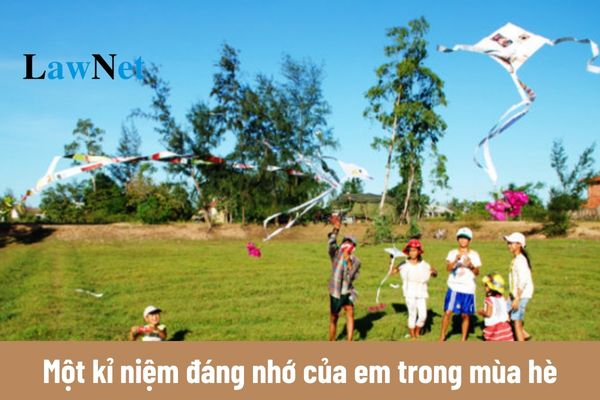

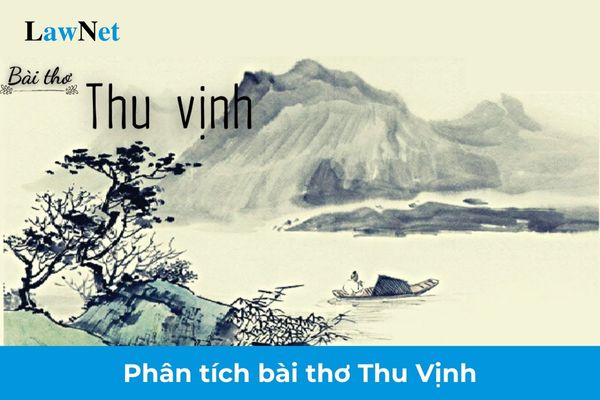
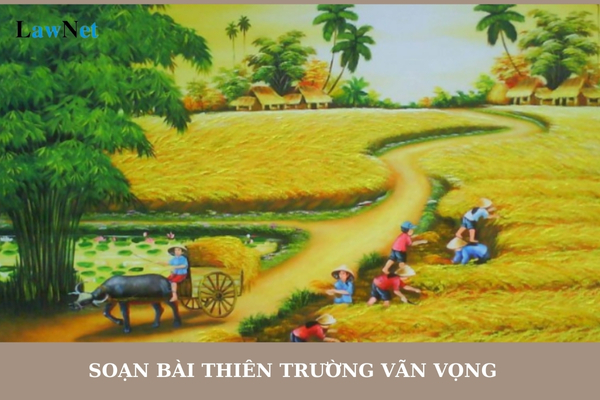
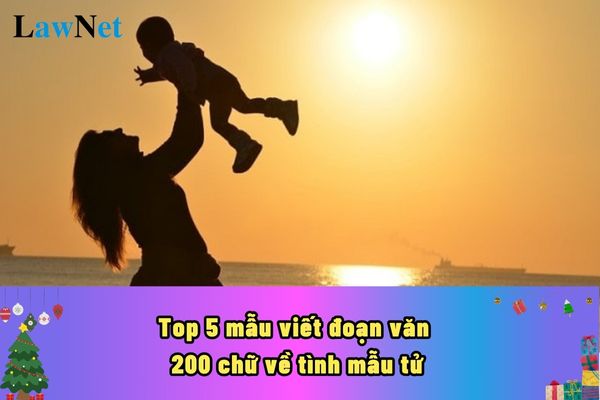
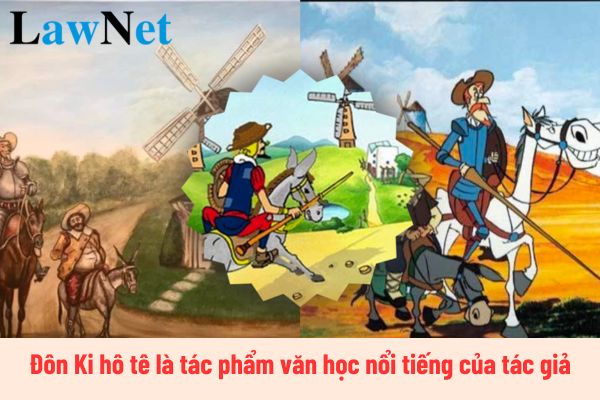
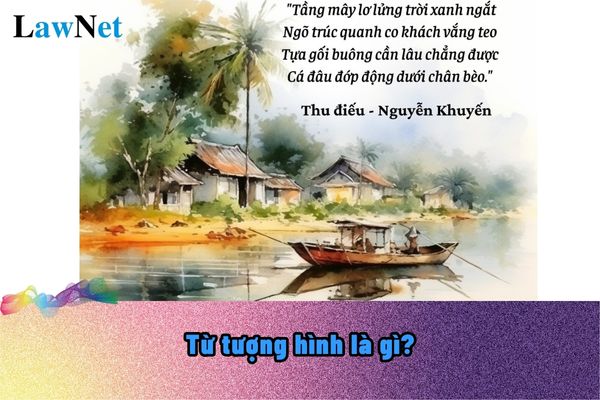
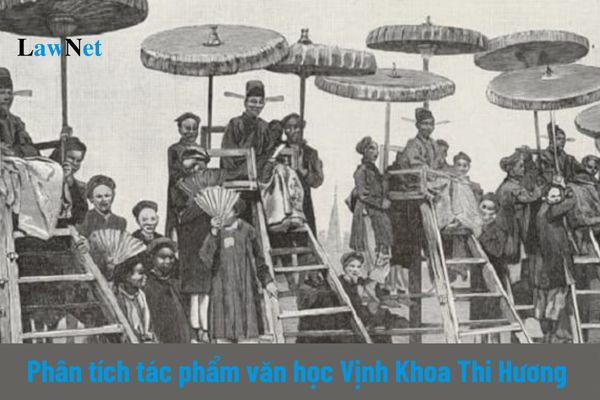
- Vietnam: What is the sample report on a modern literary matter - innovations and renovations in the short stories "Chiếc thuyền ngoài xa" and "Một người Hà Nội"?
- Vietnam: What are the 05 sample 600-word argumentative essays on negative issues among youth today? How many types of texts are there in the content of the 12th-grade Literature curriculum?
- Vietnam: What are the best sample paragraphs about your family for 6th-grade students? What elective subjects do 6th-grade students learn?
- Vietnam: What are the best sample self-introductions in English for 5th-grade students? What topics are covered by the 5th-grade English curriculum?
- Vietnam: What are the sample imaginary paragraphs on Tin-tin and Mi-tin entering the magical garden for 4th-grade students? What are the 05 essential qualities required for 4th-grade students?
- Vietnam: What are the guidelines for preparing the briefest lesson "A Strange Tale of the Fisherman's House/Truyện lạ nhà thuyền chài"? What is the eligibility for lower secondary graduation recognition for 9th-grade students?
- What are the enrollment methods of Pham Ngoc Thach University of Medicine in 2025?
- Vietnam: What are the sample 1st end-of-semester question papers of 9th-grade Literature? What is the form of assessment for 9th-grade Literature?
- Vietnam: What are the 10 sample 200-word social argumentative paragraphs on the strength of discipline? Is improving manpower one of the goals of education?
- What are the sample social argumentative essays on a social issue raised from a literary work in the 8th-grade Literature curriculum in Vietnam?

